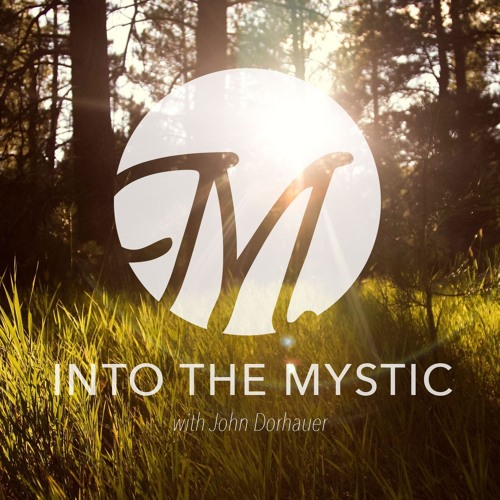Your Own Heart’s Integrity
Listen to the podcast
Read the transcript
In the Sayings of the Elders, a collection of writings from the early mystics who populated remote monasteries, we find these words:
“…whatever path you find your soul longs after in the quest for God, do that, and always watch over your heart’s integrity.”
I remember learning about the theologies embedded in scripture while taking my very first class in OT theology as a Freshmen in High School. I was somewhat surprised to learn that there were multiple theologies that, quite frankly, were somewhat incompatible with one another.
The Elohist and the Yahwist, the Priest and the Deuteronomist: each one espousing not only that there was a God, but also how to access Her and what Her primary characteristics were.
Was God removed from us, ensconced in the heavens: immortal, invisible, omniscient, all-knowing? Or was God rugged and accessible, able to be wrestled with, willing to sit with us under the shade of a tree while enjoying a meal together? Or was God present in our sanctuaries where priests alone could commune with the sacred, making sacrifices on our behalf to expiate our sin? Was God the overseeing judge, giver of the law and distributor of justice who meted out punishment for disobedience and offered rewards for good behavior?
The answer to all of that is yes. And though it is suspected that each author of texts that disclose to us their understanding of the sacred wanted us to believe their view was the right one – when the canon was completed the arbiters of what would be kept in the text and what would be eliminated were perfectly comfortable giving voice and credence to multiple expressions of sacred theologies that were hard to reconcile with each other.
In other words, “whatever path you find your soul longs after in the quest for God, do that, and always watch over your heart’s integrity.”
For some the lofty cathedral walls with soaring stained glass windows, walls echoing with the magnificence of exquisite pipe organ tones, and altars adorned with gold chalices and elaborate candelabras fill them with a sense of the sacred.
For some, a quiet walk along a mountain path with the rippling trills of a nearby stream and the whistling of the wind through the trees is exactly what makes their heart sing and their soul soar.
For some, sitting in a rustic and somewhat modestly furnished chapel on the hard wood of a back pew with no sound at all interrupting the solitude of the moment is where they feel closest to God.
For some the smile of a child, the hug of a loved one, the kindness of a stranger, the clever turn of phrase in good poetry, or the pleasure of a good melody will call to mind the goodness of God.
For every one of us, God is accessible.
There are as may pathways to God as there are people walking the Earth. No orthodoxy should inhibit the freedom one needs to explore their pathway to the sacred. God is love – and the discovery of God will call forth love. And it is love that will save us from the fear, hatred, and warfare that seem to plague us when our sententious orthodoxy is forced upon another.
So, explore. Whatever path you find your soul longs after in the quest for God, do that, and always watch over your heart’s integrity on this, our journey Into the Mystic.”
Related News
Bodily Autonomy Means Every-BODY
Advocacy and Action for Women's and Gender Justice Local events stir thoughts and...
Read MoreAn ally experiences PRIDE in the CLE
Advocacy and Action for Women's and Gender Justice Local events stir thoughts and...
Read MoreUCC Releases Menstrual Health Toolkit
Advocacy and Action for Menstrual Health and Justice Work with partners Church World Service...
Read More
